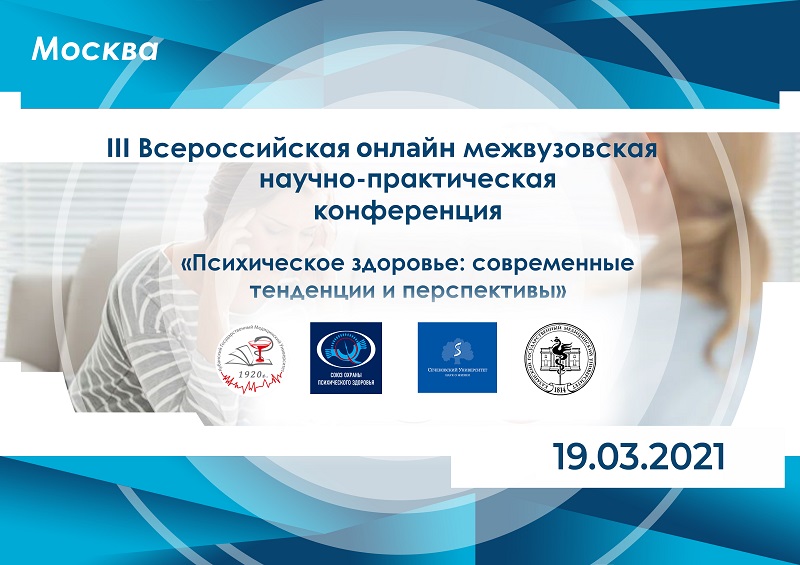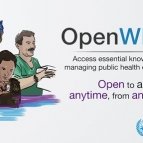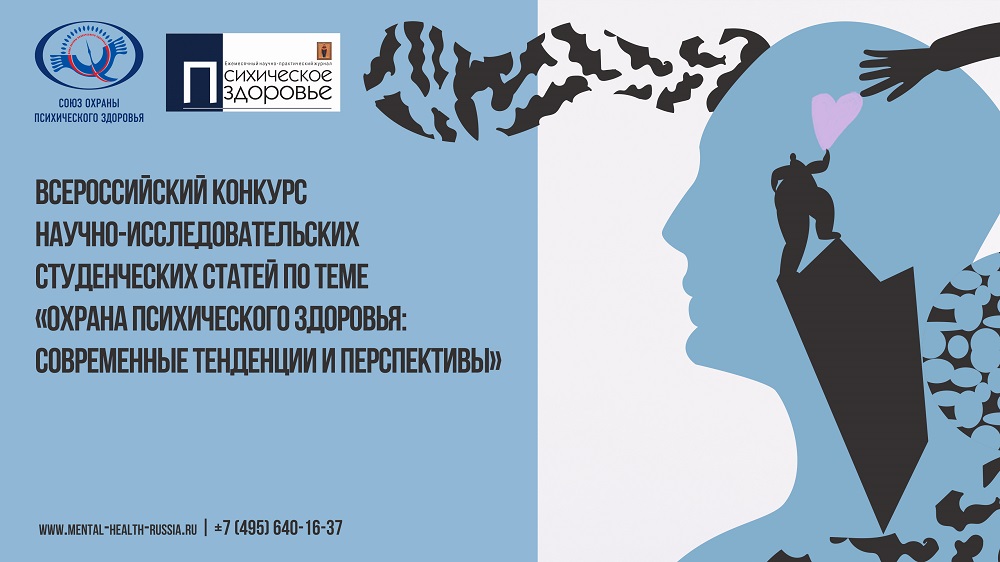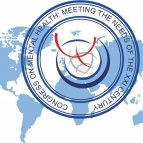“Self care” for sexual and reproductive health
At least 400 million people worldwide lack access to the most essential health services. Around 1 in 5 of the world’s population will be living in humanitarian crises. At the same time, new diagnostics, devices, drugs and digital innovations are transforming how people interact with the health sector.
In response to this, WHO published its first guideline on self-care interventions for health, focusing on ways people can look after their own sexual & reproductive health, including self-injectable contraceptives, home-based ovulation predictor kits, HIV self-testing and self-sampling for HPV and sexually transmitted infections.
Information source: WHO
Related posts

23 January 2016
Yulia S.Shoygu, Director of the Center of Emergency Psychological Aid EMERCOM of Russia,has joined the Organizing Committee of the I World Congress on Mental Health
Yulia S. Shoygu, Director of the Center of Emergency Psychological Aid EMERCOM of Russia, Candidate of Psychological Sciences, has joined...








